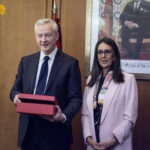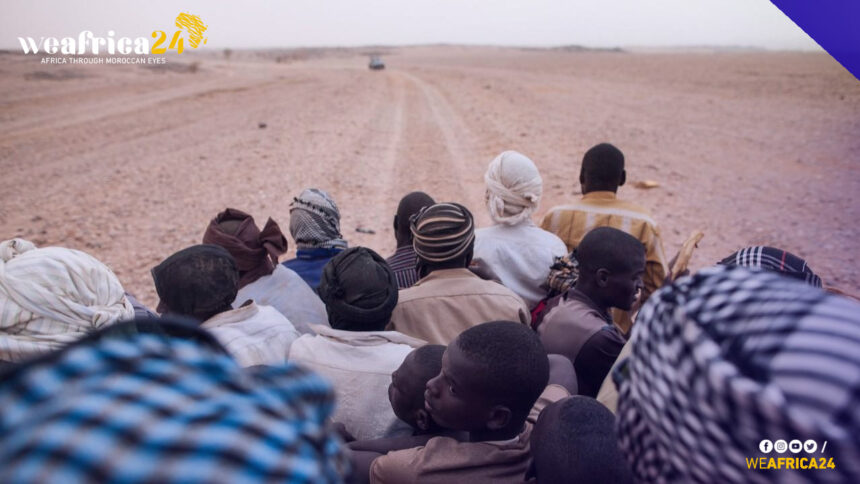The Maghreb countries of North Africa (Morocco, Algeria, Tunisia, Libya, and Mauritania) and their West African neighbors (Mali, Niger, Burkina Faso, Senegal, and Chad) have different patterns of migration due to their distinct geopolitical, economic, and social contexts.
Geopolitical Context of the Maghreb countries
Geographical context is an essential factor in the migration patterns of Maghreb countries and their West African neighbors. The Maghreb region, located in North Africa with a coastline along the Mediterranean Sea, has historically been an important crossroads for trade and cultural exchange. This location has made it a gateway for migration to and from Europe and the Middle East, with many Maghreb countries’ citizens migrating to these regions. In contrast, West African countries are located in Sub-Saharan Africa, and they are relatively more isolated from the global economy.
The Sahel region of West Africa, which includes Mali, Niger, Burkina Faso, and Chad, is particularly vulnerable to climate change, with increasing desertification and unpredictable rainfall patterns. These environmental challenges have led to food insecurity, poverty, and displacement, which have contributed to the high levels of migration from the region. Moreover, the geographical context has also affected migration within the regions.
The Maghreb region is relatively more urbanized and industrialized than the West African region, with cities such as Casablanca, Algiers, and Tunis offering more job opportunities. In contrast, many West African countries are characterized by rural areas and small towns, with limited infrastructure and job opportunities. As a result, migration from West Africa tends to be more rural-to-urban, with many migrants moving to larger cities within their own countries or neighboring countries.
Overall, the geographical context of the Maghreb region and West Africa has influenced migration patterns, with the Maghreb region serving as a gateway for migration to Europe and the Middle East, while West African migrants tend to move within the region seeking better economic opportunities.
Economic context
The Maghreb countries have relatively better economic opportunities than their West African neighbors. Morocco, Tunisia, and Algeria have relatively diversified economies, which offer more employment opportunities.
In contrast, most West African countries rely on agriculture and mining, which provide fewer job opportunities, leading to high levels of poverty and unemployment.
As a result, many West Africans migrate to the Maghreb countries in search of better economic opportunities.
Social context
The Maghreb countries have closer cultural and linguistic ties with the Middle East and Europe than with their West African neighbors. Therefore, many Maghreb countries’ citizens tend to migrate to these regions, which offer better education and healthcare opportunities. In contrast, West Africans tend to migrate within the West African region, which has a more similar culture and language.
Conclusion
While both the Maghreb countries and their West African neighbors have migration flows, the reasons for migration and destinations differ due to their distinct geopolitical, economic, and social contexts. The Maghreb countries tend to attract migrants due to better economic opportunities and closer cultural and linguistic ties with the Middle East and Europe, while West African migrants tend to migrate within the West African region, seeking better economic opportunities due to the high levels of poverty and unemployment in their home countries.
Sources :
1 – BADRE, A. (2021). Youth Civil Society Actors in Euro-Med space for dialogues
within and across the Mediterranean institutions. REF – Réseau Euromed France &
MAJALAT. Retrieved from http://www.euromed-france.org/wp-content/uploads/
2021/09/Youth-Civil-Society-Actors-in-Euromed-Region_Abdeslam-Badre.pdf
2 – https://ec.europa.eu/home-affairs/what-we-do/policies/international-affairs/africa_en
3- https://www.euromesco.net/wp-content/uploads/2022/06/Policy-Study25-2.pdf







